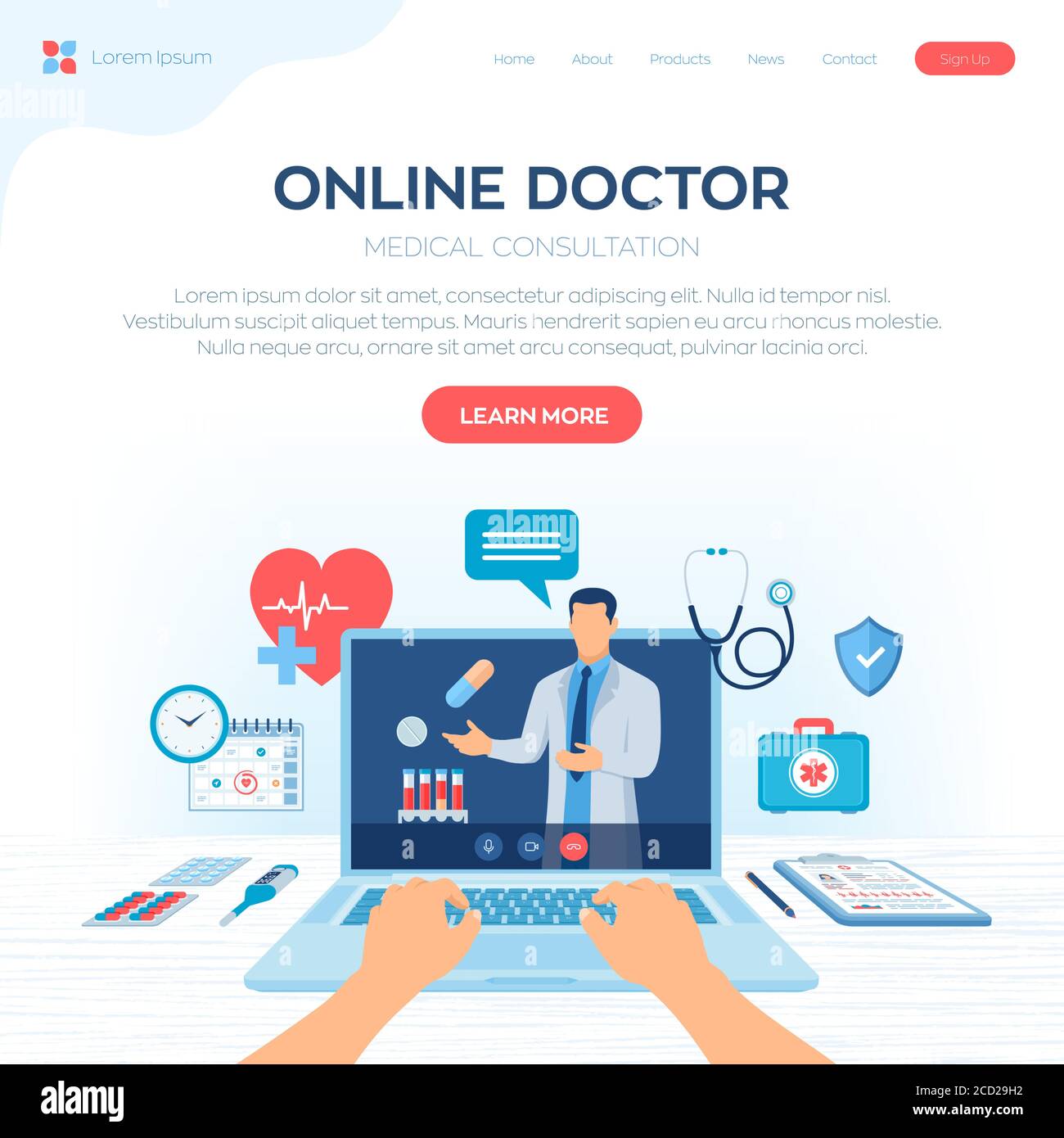The Increase of Subscription-Based Medical Care and Its Influence On Individual Treatment
As medical care develops, the subscription-based model is getting traction, promising to transform individual treatment by using predictability and ease of access. These models, which bypass typical insurance coverage, might redefine the patient-doctor dynamic, stressing individualized and preventive treatment. As with any type of advancement, they provide difficulties, especially concerning fair gain access to for all socioeconomic teams. The possibility for these designs to reshape healthcare delivery elevates pushing questions about their long-term sustainability and inclusivity. Are these registration solutions the future of health care, or do they risk leaving vulnerable populaces behind? The ins and outs of this shift warrant a closer exam.
Comprehending Subscription Medical Care Models
Grasping the idea of registration health care models involves checking out a transformative method to clinical solutions that highlights price and ease of access. These versions, commonly described as direct medical care (DPC) or concierge medication, have actually emerged as ingenious choices to traditional fee-for-service health care systems. Registration healthcare enables people to pay a fixed regular monthly or yearly cost for a defined set of medical services, which might consist of limitless workplace check outs, regular exams, and basic lab tests, without the requirement for typical insurance invoicing.
The structure of registration medical care versions is designed to improve individual treatment by getting rid of third-party payers and intricate payment codes, consequently lowering management worries. Healthcare suppliers can concentrate a lot more on person treatment, cultivating more powerful patient-provider connections. This design likewise promotes preventative care by encouraging regular gos to, as the financial obstacle of per-visit charges is gotten rid of.
The registration version usually encourages doctor to take care of smaller sized client panels, enabling even more individualized treatment. It lines up financial incentives with person wellness outcomes, as providers are motivated to keep individual fulfillment and well-being. Overall, understanding registration health care models calls for acknowledging their potential to improve exactly how care is supplied and accessed.
Advantages for Individuals and Companies

For carriers, subscription-based models provide the chance to strengthen patient-provider connections. With a consistent earnings stream, medical care specialists can commit even more time to every individual, causing an extra tailored and thorough care experience. This version additionally lowers dependence over individual volumes, alleviating exhaustion and improving job satisfaction. Furthermore, the emphasis on preventative treatment within subscription strategies can bring about much better client outcomes and reduced lasting health care expenses. By concentrating on continual care, providers can resolve issues before they escalate, ultimately profiting the healthcare hop over to here system as an entire by minimizing the burden on emergency situation and severe treatment services.
Concerns and difficulties
While subscription-based medical care models existing numerous benefits, they additionally come with a collection of difficulties and issues that need to be addressed. This raises moral inquiries concerning equitable access to healthcare services.
Financial sustainability of subscription-based designs is one more problem. Companies should balance the set earnings from subscriptions with the variable expenses of healthcare solutions, which might vary because of unpredicted clinical requirements. This can create stress to restrict services or rise fees, potentially influencing individual contentment and care top quality.
Additionally, regulative oversight of subscription-based healthcare versions is still advancing. Resolving these obstacles is important for the equitable and successful application of subscription-based medical care.
Effect on Patient-Doctor Relationships
One considerable effect of subscription-based healthcare designs on patient-doctor connections is the capacity for boosted connection and individualized care. By taking on a membership version, doctors can manage a smaller patient panel, allowing for more dedicated time with each individual. This enhanced accessibility fosters a deeper understanding of a client's clinical background, way of living, and preferences, enabling much more customized therapy plans and treatments.

Nevertheless, it is very important to acknowledge that while subscription-based designs might profit those that can afford them, they might accidentally broaden health care disparities. People that are unable to join these versions may experience lower access to individualized treatment, possibly affecting their relationships with doctor. Therefore, while the subscription design offers appealing advantages for patient-doctor connections, it also positions difficulties that require to be addressed to make certain equitable health care gain access to.
Future of Healthcare Access

The role of innovation can not be neglected in this improvement. Telemedicine systems and electronic wellness documents promote seamless interaction in between clients and medical care companies, breaking click this link down geographical and logistical barriers. Additionally, advancements in fabricated intelligence and information analytics can better individualize treatment by forecasting patient demands and enhancing therapy strategies.
However, the future of healthcare access also presents obstacles, such as ensuring equity across various socio-economic groups. Policymakers and doctor have to more work together to link the digital divide, making certain that subscription-based models continue to be budget-friendly and comprehensive. As these systems mature, they hold the pledge of making healthcare extra available, reliable, and patient-centric.
Final Thought
Subscription-based health care versions are improving person care by offering a stable expense structure and boosting access. The rise of subscription-based health care motivates positive person involvement, which has the possible to boost client outcomes and complete satisfaction, signaling a transformative shift in health care shipment.
As health care evolves, the subscription-based model is acquiring grip, promising to transform client care by supplying predictability and availability.Subscription-based healthcare models use unique advantages for both suppliers and clients, improving the overall medical care experience.As health care systems evolve, the future of medical care gain access to frequently pivots on the combination of innovative models and technologies.Subscription-based medical care versions are improving client care by offering a stable cost framework and boosting access. The rise of subscription-based healthcare urges proactive person involvement, which has the potential to enhance individual end results and fulfillment, signaling a transformative change in medical care delivery.